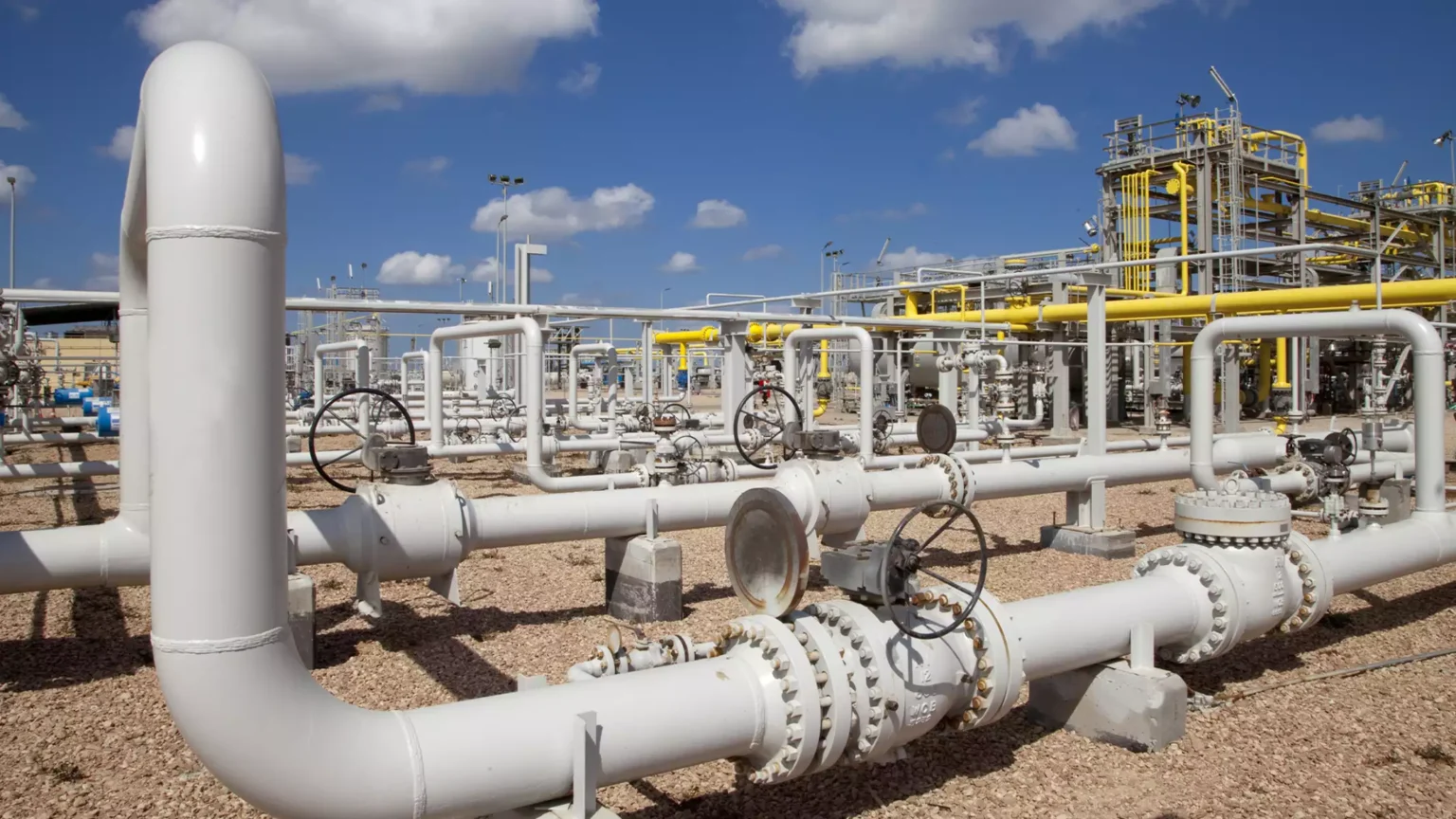Morocco could well become a key player in the regional gas sector. The British company Sound Energy reaffirms its commitment to the country and assesses its gas potential at over 20 trillion cubic feet. Despite a lack of drilling for five years, the company maintains its ambitions and plans to start sales as early as autumn 2025.
A strengthened strategic presence despite a partial divestment
In December 2024, Sound Energy signed an agreement with Managem, divesting part of its assets for an amount that could reach $45.2 million. This transaction allows it to retain 20% of the Tendrara operating license and 27.5% of the exploration licenses for Grand Tendrara and Anoual.
In the face of speculation about a possible disengagement from the Moroccan market, Graham Lyon, CEO of Sound Energy, is categorical: “We have not left Morocco and we have no intention of doing so. We have simply adjusted our participation to better structure our operations.”
Resumption of drilling in 2025
Sound Energy is currently awaiting approval from the Ministry of Energy Transition to extend its exploration licenses. Two new drillings are planned:
- SBK-1 in Grand Tendrara
- M5 in Anoual
These operations will be financed by Mana Energy, a subsidiary of Managem, as part of the partnership between the two companies.
In parallel, a drilling on the Sidi Mokhtar license is under consideration, but its realization remains contingent on additional seismic studies and validation by Moroccan authorities.
Start of production in Tendrara in 2025
After several delays due to supply chain tensions, the liquefied natural gas (LNG) production project in Tendrara is entering its final phase. The liquefaction equipment, currently being shipped from the United States, is expected to enable production this year.
According to Sound Energy, the first gas sales will occur as early as autumn 2025. Afriquia Gaz, a logistical partner, will handle the distribution of LNG in the Moroccan market.
A connection to the Maghreb-Europe Gas Pipeline in preparation
Sound Energy is also planning a connection of Tendrara to the Maghreb-Europe Gas Pipeline (GME) to integrate Moroccan production into the regional network. This project includes:
- The construction of a 120 km pipeline
- A gas processing center
- The drilling of 4 to 5 new wells
The final investment decision is expected by late 2025, with commissioning planned within 18 to 24 months.
A priority given to the Moroccan market
Although exporting to Europe remains an option, Sound Energy prioritizes the Moroccan domestic market. “Morocco has a well-thought-out energy strategy, combining renewable energies and a transition to gas,” emphasizes Graham Lyon.
He insists that the country offers competitive prices, ensuring a reliable outlet for local production. However, in the event of a surplus, connection to the GME could allow for exports to Europe.
A gas potential still under exploration
So far, no world-class deposit has been discovered in Morocco. However, Sound Energy estimates that potential reserves exceed 20 trillion cubic feet, a figure in line with estimates from the US Geological Survey (USGS).
“We have not yet explored all possibilities,” reminds Graham Lyon, highlighting Morocco’s attractive framework, its strong institutional support, and its financial incentives.
Investments and prospects: focus on hydrogen and helium
Sound Energy is not limited to gas and is exploring new opportunities in natural hydrogen and helium in partnership with GeTech. A preliminary study is underway and is expected to deliver its conclusions by mid-2025.
However, these projects remain in the exploratory phase, especially since the Moroccan legislative framework on hydrogen still needs to be clarified.
A long-term commitment to Morocco
Since its establishment, Sound Energy has invested over $168 million in gas exploration and development in Morocco. While the company keeps an eye on other opportunities in North Africa, particularly in Egypt, Morocco remains its top priority.
With increasing investments, imminent production, and export prospects, the country could well strengthen its position on the regional energy map in the coming years.


